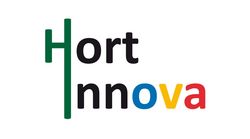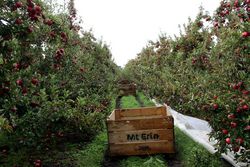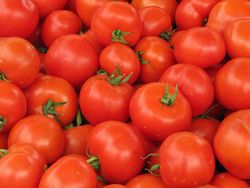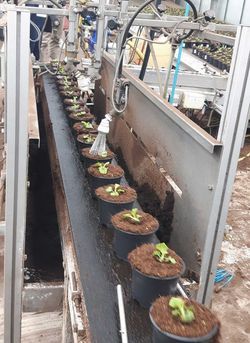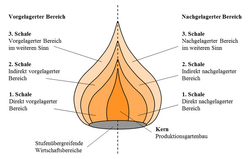Besides arable farming, primary plant production also encompasses specialty crops. Fruits, vegetables, ornamental plants, herbaceous perennials and woody crops belong to the horticultural sector. The German horticultural sector is faced with an intensive international competition, as the availability of tomatoes from the Netherlands or Spain, apples from Italy and New Zealand as well as roses from African countries in German supermarkets show. Therefore, the analysis of the competitiveness and structural changes of the German horticultural production in an international comparison is of great importance for us.
Apart from the mere production of products, horticultural farms often integrate further production steps such as sorting according to quality standards, packaging and also processing. Hence, we do not only concentrate our analysis on the production of horticultural products but enlarge the scope to further steps of the supply chain.
In this context especially the following questions are relevant:
- How competitive is horticultural production in Germany in comparison with important international competitors?
- How does the structure of horticulture in Germany change?
- Which opportunities will be offered to the German horticultural sector in the future and which risks will it be faced with?
- How do changes in the policy framework affect horticultural enterprises?
- Are technical innovations economically advantageous for the horticultural production?
As a result of the wide thematic field of our research, we apply a broad spectrum of methodologies. We evaluate statistics, survey practitioners and experts, model typical farms and production systems and analyse investments. Part of this research takes place in the framework of the international network agri benchmark Horticulture.
Dossier Horticulture

Additional information on horticulture can be found in the Dossier.






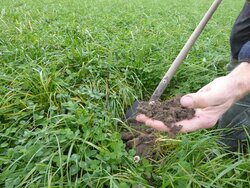
![[Translate to English:] Structural change and competitiveness of the German horticultural sector](/media/_processed_/d/d/csm_1469_Gemuese_2021_600-dpi_groesser_3000_4bdfd29c63.png)
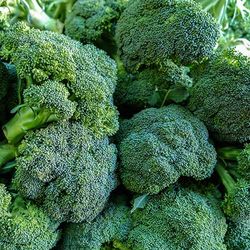
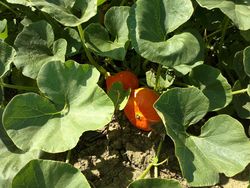
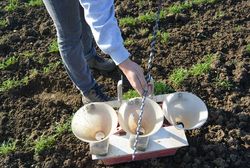
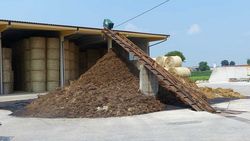
![[Translate to English:] HortiCo 4.0](/media/_processed_/7/4/csm_HortiCo40_Logo_MitClaim_RGB_9f895ba1a5.png)
